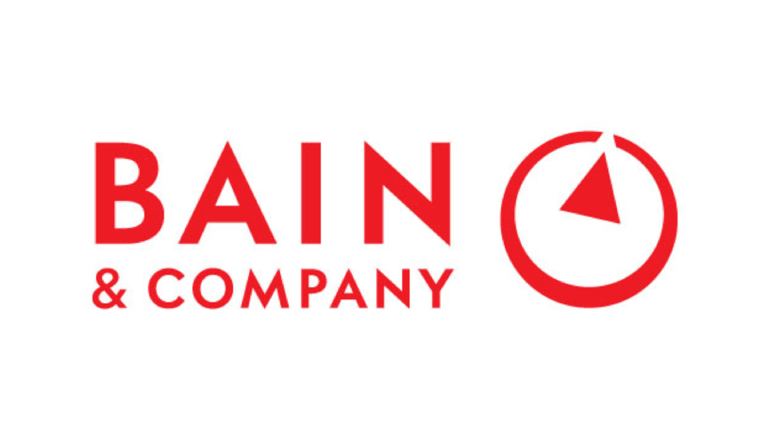A recently released study shows that consumers are willing to change their behavior as environmental concerns are increasing due to extreme weather. They are also ready to pay 12% more for sustainable products. Bain & Company published a major new study exploring the top sustainability concerns for business leaders, customers, and employees.
The study further finds that more than 60% of businesses are off track to meet their sustainability goals. Progress will require a combination of technology, policy, and behavior change. There is a need to increase the conscious base of consumers and employees. This may help companies follow sustainability goals.
Said François Faelli, partner and head of the global sustainability practice at Bain & Company, “The companies know they have a key role to play in the energy and resource transition. Many view this as their legacy, but they are worried about the growing gap between their progress and public commitments. While it will not be easy, there are three levers CEOs must prioritize: policy, technology, and behavior.”
As part of the study, they surveyed 23,000 consumers. The results underscore the growing urgency of sustainability topics. Some 64% of people reported high levels of concern about sustainability. Most said their worries have intensified over the past two years and that their concern was first prompted by extreme weather.
Consumer facts
- Baby boomers are often just as concerned as Gen Z.
- Both liberals and conservatives are concerned about the environment.
- Consumers are willing to pay a premium for sustainable products, 12% on average, but they are still priced too high.
- Consumer behavior can change more quickly than anticipated.
- There is a disconnect between what consumers want and what most companies sell.
- Consumers struggle to identify sustainable products and don’t trust corporations to make them.
Four critical areas of focus for companies
The momentum behind sustainability and dynamic shifts in consumer behavior has profound implications for any company.
- Devise a future-proof and flexible strategy. Few companies plan beyond the typical 3-year strategy, and even those who look at 5 to 10 years tend to focus on expectations for technology adoption. These plans fail to fully consider two other factors that move just as rapidly and with as big an impact: regulations and consumer behavior.
- Acknowledge a fragmented consumer base. Companies need to diverge consumers, innovate products, and design propositions that appeal to different segments—local markets, consumers with different definitions of sustainability, and consumers with a range of purchasing motivations.
- Test and learn to determine what works—and repeat. In such a fluid environment, companies can lean aggressively on marketing experimentation, using digital tools, and adapt accordingly.
- Get in front of regulations. As we’ve seen worldwide, government policy inevitably becomes a huge contributor to changing consumer behavior. Across all industries, companies need to be at the forefront of helping to shape the regulations affecting their businesses. A company’s ability to anticipate policy shifts and build future-proof portfolios will help determine whether it can outpace competitors.
Upskilling employees to rise to the challenge
The study found that 75% of business leaders believe they have not embedded sustainability well into their business. The instinct of many CEOs is to prioritize external hiring to address all skill gaps, including sustainability.
A new survey of 4,700 people found that 63% felt different skills and behaviors would be required for their company to execute its ESG ambition or strategy. Yet only 45% of nonmanagers said their employer offers reskilling and upskilling opportunities that would enable internal mobility.
Despite almost every CEO saying they have a talent problem, few companies have defined what it means to be a great employer. In another recent survey, 44% of respondents said it is easier to find a better opportunity outside of their company than within it.

